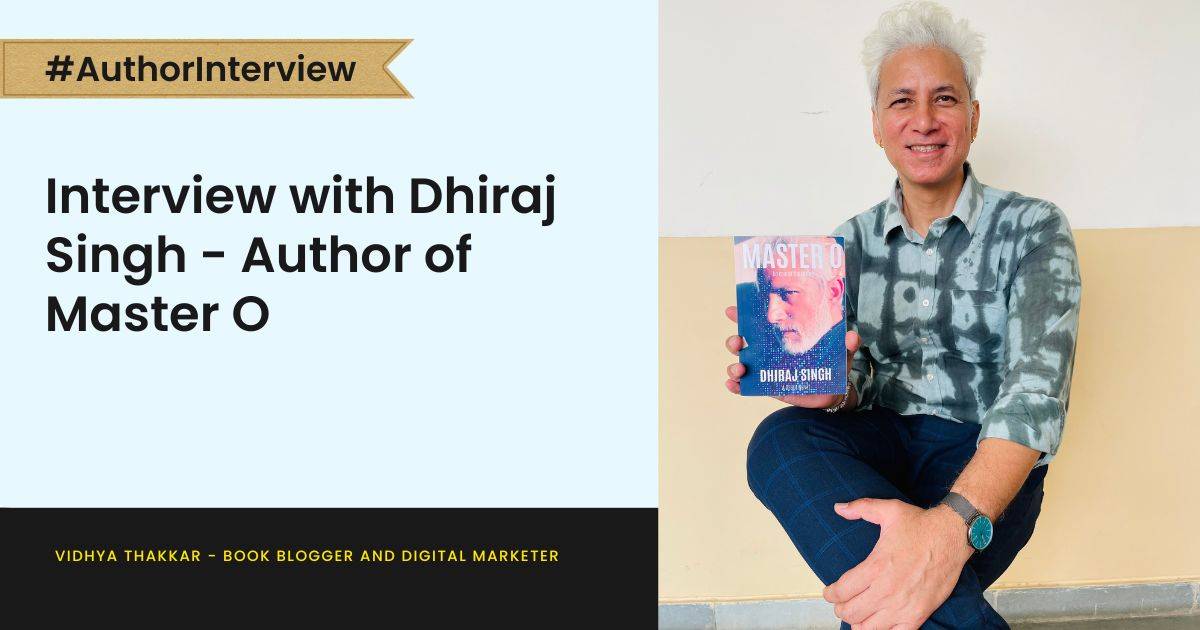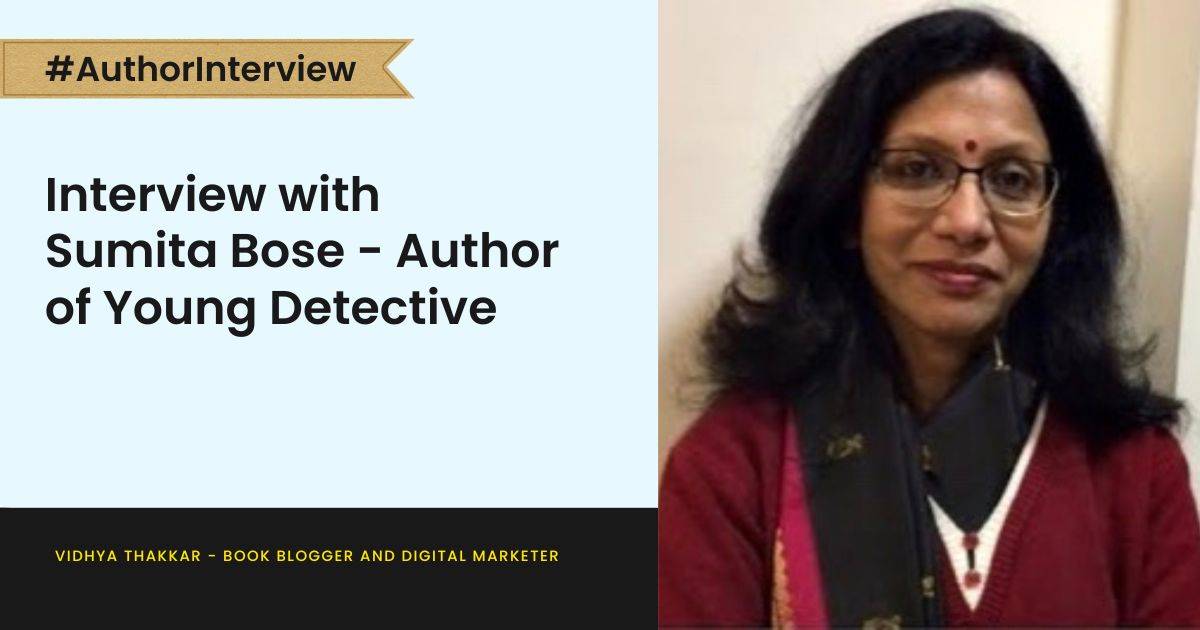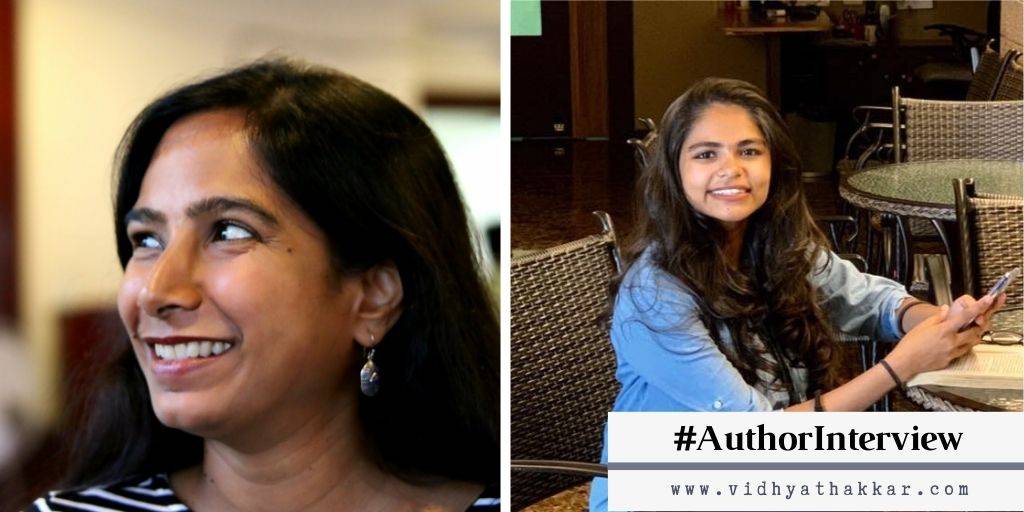About The Author
DHIRAJ SINGH is an accomplished artist, writer, columnist, translator and media professional. He is the author of a brilliant new novel ‘MASTER O’. Set sometime in the future ‘Master O’ explores some very deep and meaningful questions about human existence in the context of technology that almost feels magical. Dhiraj is also the translator of ‘I Like To Wash My face With Sea Water’ which is a collection of translated poems. He has written a biography of India’s first woman art-gallerist, Uma Jain. He has an arts column #ArtIsEverywhere on NDTV-Mojarto. He has written a short stories that have been published in ‘The Little Magazine’ and ‘The Punch Magazine’. He has translated into English Asghar Wajahat’s much-celebrated Hindi play about the Partition of India called ‘Jisne Lahore Nai Dekhya, O Janmya Nai’ (‘Unborn in Lahore’). His unique ‘X-ray art’ has shown at prestigious events such as ‘India Art Fair’, ‘Kindness/Udarta. Australia-India Cultural Exchange show’ and ‘Venice Architecture Biennale’. His abstract paintings have also shown at many exhibitions worldwide and are part of many international collections.
Interview
Q) Tell us about the idea behind the book?
The idea for the book strangely came to me at the time of the police crackdown on Jamia University students and the attack on JNU students, AMU students and on various protest movements that were taking place against the Citizen Amendment Act and the National Register of Citizens. I was seeing a clear pattern emerge through those incidents and it was telling me that in order to control protest movements one had to give them a bad name. And once that was achieved any form of violence against them could be justified. Because people would say: they deserved it for being so unruly and so on. That’s how the idea of the Ibharis came to me… as these beings whose very existence was shaped by this power equation that gave a group of individuals a terribly unfair advantage over them. In ‘Master O’ the Ibharis eventually learn to turn the equation on its head in a very profound and unexpected way.
Q) How much time did the process of writing take?
The book took about 3 years to write, re-write and edit, including a period of 4-5 months of complete writerly abstinence where I shut myself out completely from the process of writing. This helped me revisit the book afresh and spot areas that I had overlooked earlier and that needed better handling, better imagining. On hind sight, I am happy for the time away from the book because when you’re so close to a work you develop blind spots that stop you from noticing the flaws and cracks in your creation.
Q) What did the process of writing teach you?
That’s a very interesting question… the process of writing or the process of creation, any kind of creation, is a very significant time in the life of a creator because it’s when they’re swimming in the deep end discovering new things that lie buried in their own subconscious. Personally I would say the words were easy, but to imagine those unimaginable scenarios that are there in the book, that was the tough part! So I’d say my learning has been to take risks, take these long leaps of imagination that make your work richer.
Q) What inspired you to write this book?
The idea that we are not too far from a reality where all the artificial intelligence and the algorithms around us will start to affect us in very strange and unintended ways. Perhaps the Ibharis in ‘Master O’ are the sum of the artificial intelligence that we have amassed around us to feel powerful about time, because we are saving so much of it we would end up having a lot of it on our hands. So in a sense my book is asking the question: do we really have a lot of time and control on our hands or is it all an illusion?
Q) What is your favourite part in the book?
The part when Master O vanishes from his seat during the live interview. It is absurdly nightmarish at many levels, especially for those in the business of creating spectacles on TV, which many TV interviewers are. It is like having your ratings on steroids which is what everyone in this attention economy is after but in the book the bubble of ratings and popularity is burst in the most sadistic of ways.
Q) A book that had an impact on you, which helped you in writing this one?
That would be ‘Animal Farm’. It was hilarious and amazingly satirical, and through it George Orwell was punching holes in the mythology of Stalinism and it worked beautifully. Seeing the drama of change and revolution through the lens of a strange parody involving animals. It was also a book that showed me at a really young age the power of the imagination, how problems can be alchemized into these awesome cautionary tales for the people of the future. I would say ‘Master O’ is a book in the same mould but also very different in its cautionary agenda. So to answer your question, I would say I learnt tons about the author’s freedom to imagine futures, pasts and presents from George Orwell.
Also Read: Interview with Berjis Desai – Author of Oh! Those Parsis and The Bawaji
Q) Tell us about your future plans? Planning a new book?
There have been many readers and reviewers who have sort of requested a sequel to ‘Master O’ which has got me thinking about the possibility of that. Though right now, the plot is still in egg form.
Q) How has your life changed after the book was published?
I feel deeply connected to my readers, people whom I had no way of reaching out to otherwise. In that it’s been a wonderfully powerful experience to know people’s (i.e. my readers and reviewers) reactions about how exquisitely relatable the book is. That has clearly been the highlight of my experience post the publishing of ‘Master O’.
Q) What does literary success mean to you?
People reading my book and saying they found truth and beauty in it and maybe a memory to keep for a lifetime.
Q) A message for all the readers.
Please read my book. You will not regret it!
Get your Book Reviewed by Vidhya Thakkar – Connect us Now.



